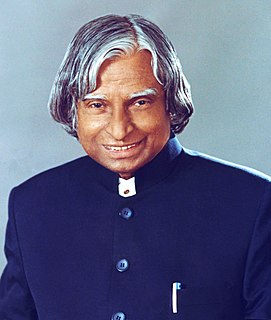A Quote by Ritesh Agarwal
Indian companies have a very exciting global opportunity, Indian companies are well-respected globally, doors of business are more open. So that has been a focus for us, how do we globalise faster?
Related Quotes
Each quarter, Indian IT firms publish their results, and these are broadcast on CNBC. From the comfort of their boardrooms, executives say how many new employees have been added, how many more Fortune 500 companies have been signed up as clients, how many million-dollar companies were added, and so on.

































